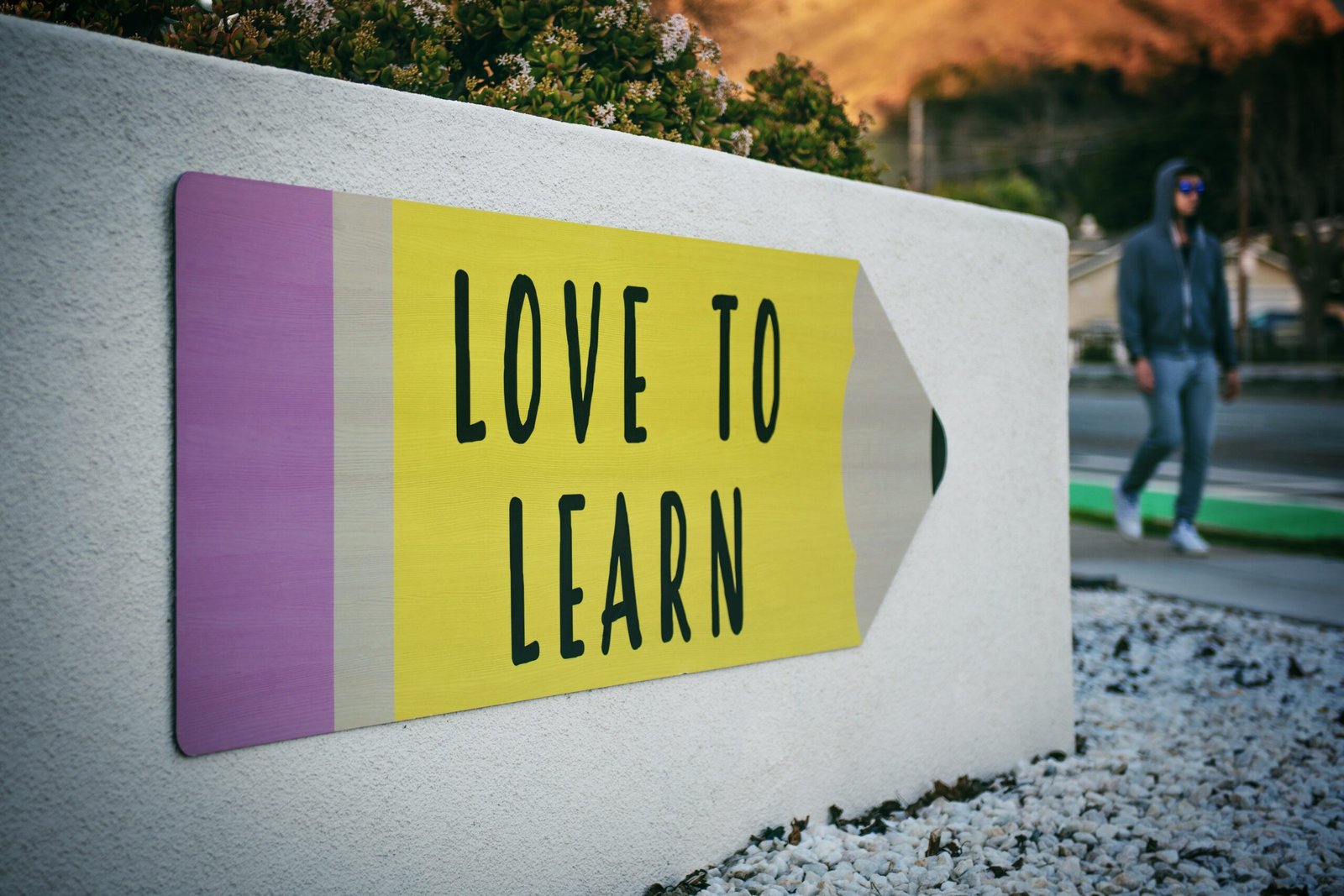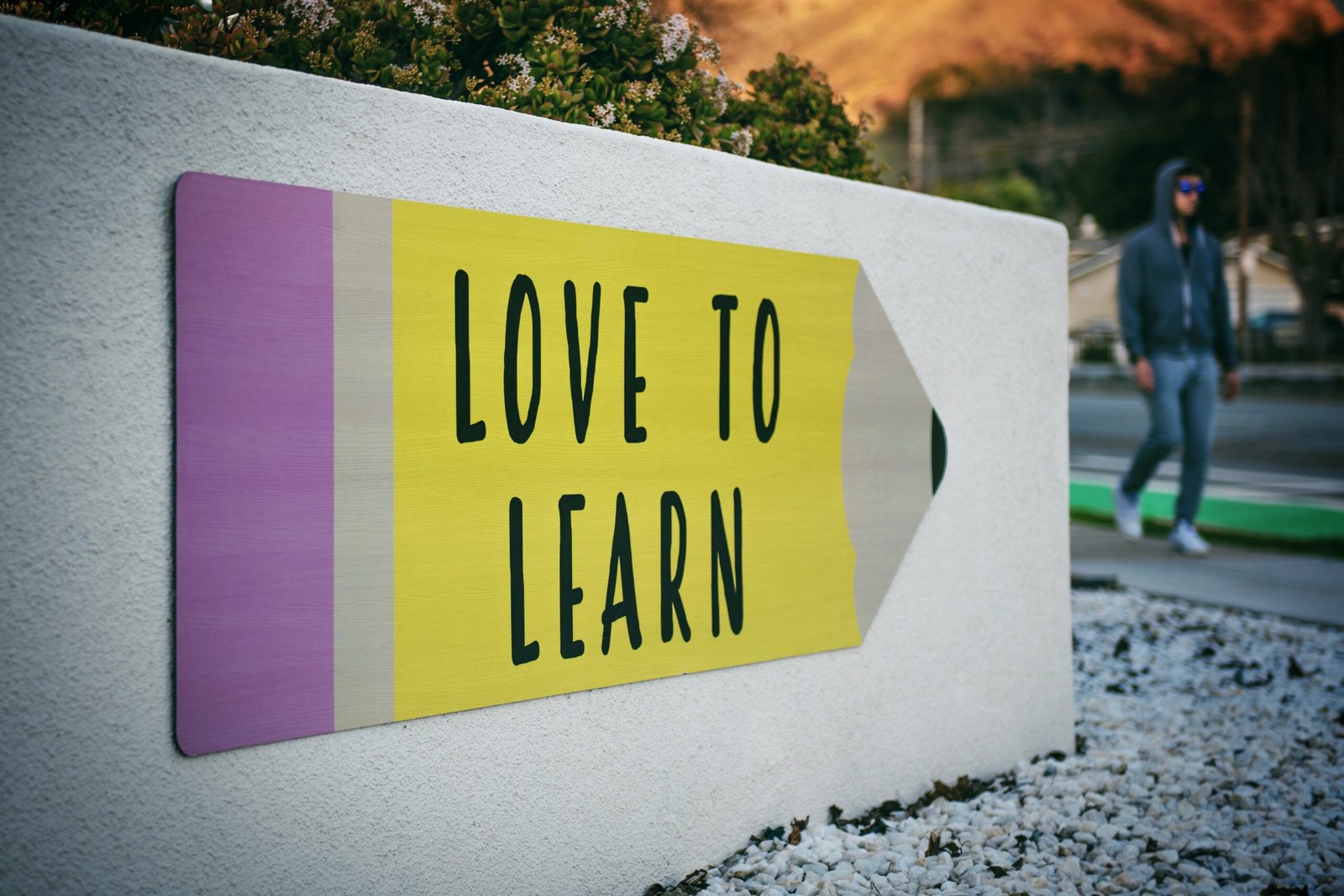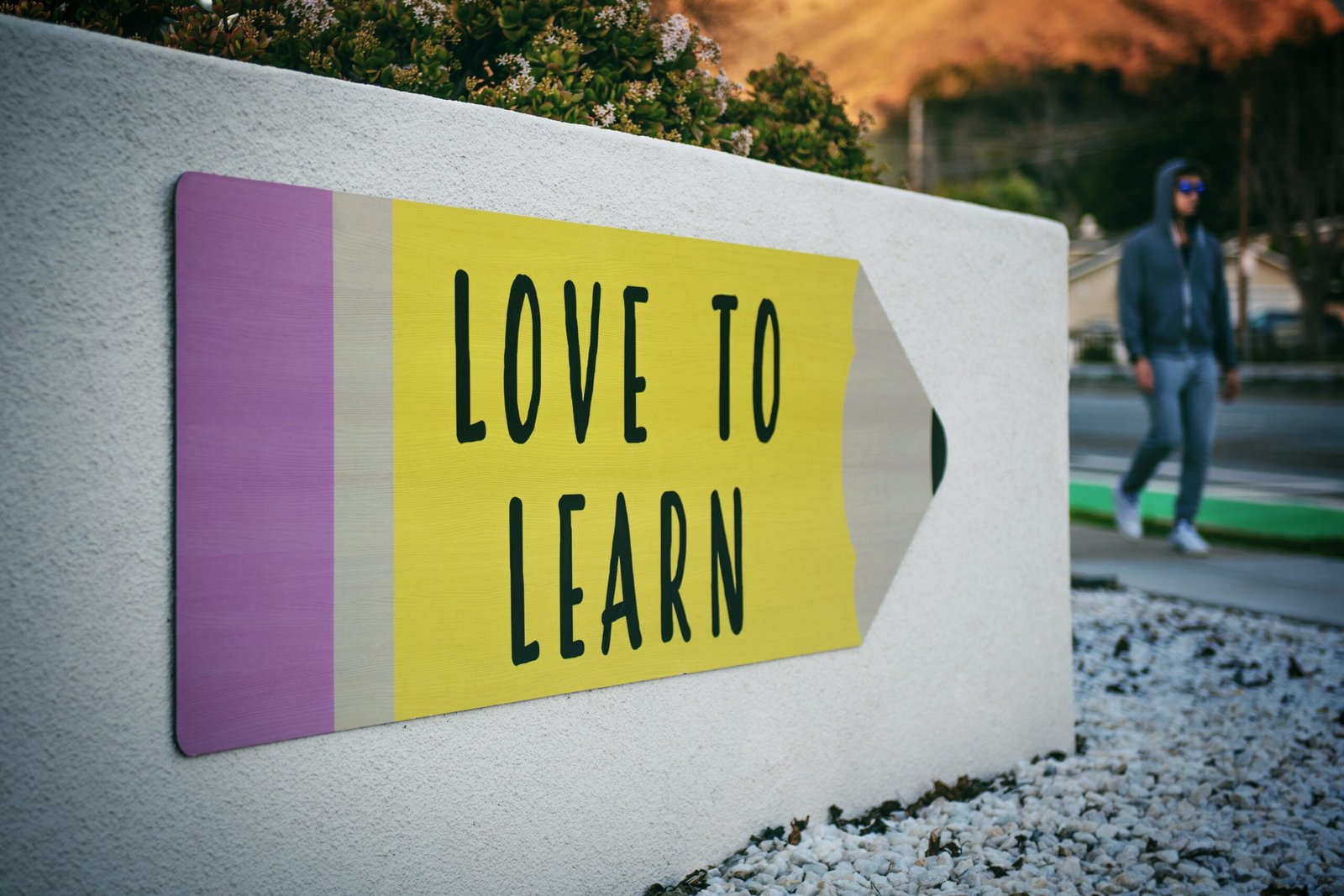Introduction
Did you know that the average person will change careers multiple times in their lifetime? In today’s fast-paced and ever-evolving world, the need for continuous learning has become more crucial than ever before. Lifelong learning is not just a buzzword; it’s a mindset that empowers individuals to adapt, grow, and thrive in an ever-changing landscape.
So, what exactly is lifelong learning? It refers to the ongoing process of acquiring knowledge and skills throughout one’s life, beyond the traditional education system. Whether it’s learning a new language, acquiring technical expertise, or developing leadership skills, lifelong learning is a pathway to personal and professional growth.
The Benefits of Lifelong Learning
1. Staying Relevant in a Changing World: Lifelong learning ensures that you stay up-to-date with the latest trends, technologies, and advancements in your field. It helps you remain competitive and adaptable in the face of rapid change.
2. Personal Growth and Development: Lifelong learning expands your horizons, broadens your perspectives, and enhances your critical thinking skills. It fosters personal growth, self-confidence, and a sense of fulfillment.
3. Career Advancement: Continuous learning equips you with the skills and knowledge needed to advance in your career. It opens doors to new opportunities, increases your employability, and boosts your earning potential.
4. Improved Cognitive Function: Research has shown that engaging in lifelong learning activities can improve memory, cognitive function, and overall brain health. It stimulates the brain, keeping it sharp and agile.
5. Enhanced Problem-Solving Skills: Lifelong learning nurtures creativity, critical thinking, and problem-solving abilities. It equips you with the tools to tackle challenges and find innovative solutions.
Current Trends in Lifelong Learning
1. Online Learning: The internet has revolutionized the way we learn. Online platforms, such as Coursera, Udemy, and LinkedIn Learning, offer a vast array of courses and resources for individuals to learn at their own pace and convenience.
2. Microlearning: With busy schedules, people are increasingly turning to bite-sized learning modules. Microlearning breaks down complex topics into short, focused lessons, making it easier to absorb information and apply it immediately.
3. Skills-based Learning: Rather than pursuing traditional degrees, many individuals are opting for skills-based learning. They focus on acquiring specific skills and certifications that are directly applicable to their desired career paths.
4. Collaborative Learning: Lifelong learning is no longer a solitary pursuit. Collaborative learning environments, both online and offline, encourage interaction, knowledge sharing, and networking among learners.
FAQs
Q: How can I find time for lifelong learning amidst my busy schedule?
A: Prioritize learning by setting aside dedicated time each day or week. It could be as little as 15 minutes. Consistency is key.
Q: Is lifelong learning only for professionals?
A: No, lifelong learning is for everyone. It benefits individuals of all ages and backgrounds, whether you’re a student, a professional, a homemaker, or a retiree.
Q: Can lifelong learning be pursued without spending a lot of money?
A: Absolutely! While there are paid courses and programs available, there are also numerous free resources, such as podcasts, YouTube tutorials, and open educational platforms.
Tips for Effective Lifelong Learning
1. Set Clear Goals: Define what you want to achieve through lifelong learning. Having clear goals will help you stay motivated and focused.
2. Diversify Your Learning Methods: Explore various learning formats, such as reading books, attending webinars, joining workshops, or participating in online forums.
3. Embrace Failure: Don’t be afraid to make mistakes or face challenges. Embrace them as opportunities for growth and learning.
4. Network and Collaborate: Engage with like-minded individuals, join professional networks, and participate in communities of practice to expand your knowledge and gain new perspectives.
5. Reflect and Apply: Take time to reflect on what you’ve learned and how you can apply it in real-life situations. Actively seek opportunities to practice and reinforce your newfound knowledge.
Conclusion
Lifelong learning is a powerful tool that empowers individuals to adapt, grow, and thrive in an ever-changing world. It offers a multitude of benefits, from staying relevant in your career to enhancing personal growth and cognitive function. With the current trends in online learning, microlearning, skills-based learning, and collaborative learning, there has never been a better time to embark on a lifelong learning journey.
So, what are you waiting for? Take the first step towards lifelong learning today, and unlock the endless possibilities that come with acquiring knowledge and skills throughout your life.
Call to Action: Start your lifelong learning journey today and share your progress with others on social media. Together, let’s inspire a culture of continuous learning!









